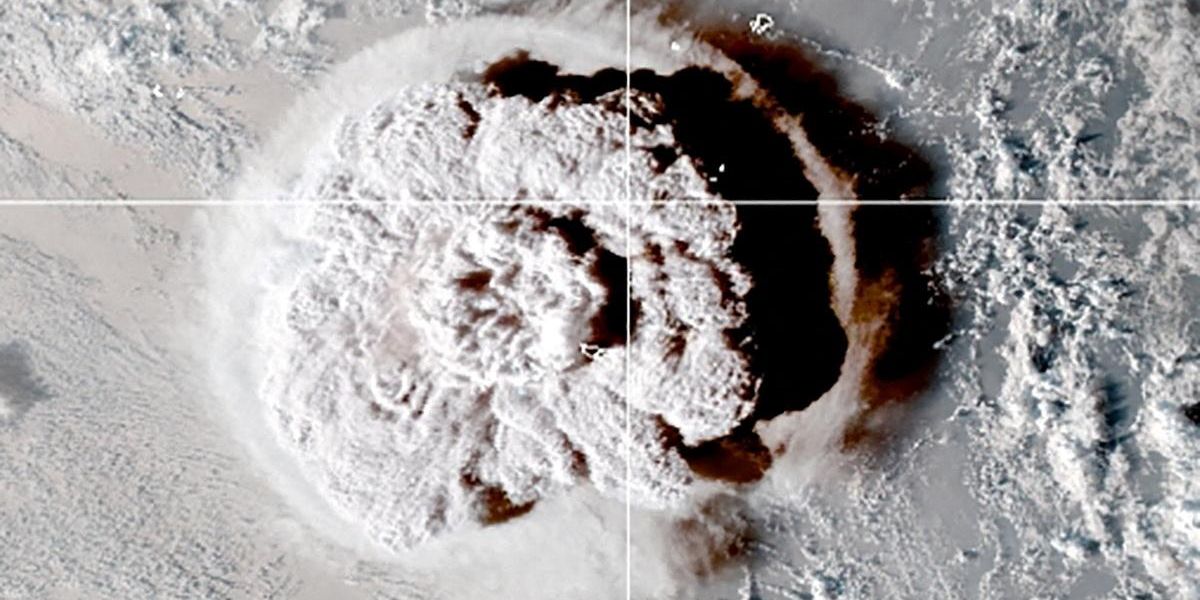Hard numbers: Tongan volcano, Ukrainian cyberattack, Zemmour fined for hate speech, reopening of NK-China border
Even good news is not so good. No, Iranian officials haven’t left the room in anger yet, but they have good reason to keep talking, according to Eurasia Group. Henry Rome — even though they have no intention of working out a deal. The negotiations, warns Rome, “provide political cover to advance the nuclear program.”
They make it harder for the United States and Europe to exert further pressure on Iran or for Israel to target its nuclear facilities and scientists. They give Russia and China a reason to defend Iran’s position.
They also protect (what remains) Iran’s economic stability by ensuring that sanctions do not immediately become stricter. And perhaps, Tehran will reason, the Americans could improve their offer.
Calculation (erroneous?) of Iran
But the Iranian government, now led by Ebrahim Raisi, a president more openly hostile than his predecessor to the West, may feel he has little more to lose by continuing to say no.
After all, Iran”economy of resistancehave already survived harsh sanctions, and the government believes that further protests inside Iran over economic hardship can be contained – or, if necessary, crushed.
What if Donald Trump becomes President of the United States again in three years? Won’t he just tear up everything Iran has signed, just like he pulled the US out of the last nuclear deal?
May be. But reviving the nuclear pact, according to Rome, “is the best option for Iran’s economic stability.”
A new deal could free up $100 billion in frozen foreign exchange reserves. This would allow Iran to sell much more oil at market prices. This would attract new trade and investment to the country.
This is a plus for Iran’s cash-poor government and its long-suffering people. Without a deal, Iran faces the indefinite extension of US sanctions, which could one day spark public unrest that Iran’s security forces cannot contain.
Escalating tensions
The Biden administration — focused for now on COVID, domestic political headaches, inflation, China and Vladimir Putin — is well aware that Iran’s willingness to talk may not offer much. be no hope of breakthrough. U.S. and European officials have publicly said a deal needs to be done”weeks, not months.” That deadline could be extended, but only if real progress offers credible hope of a deal.
In short, if there is no deal by late spring, it will be time for all parties to prepare for trouble. A breakdown of the talks will persuade the Biden administration to tighten Iran’s economy even further. Iran could stockpile enough highly enriched uranium for several bombs, spin up more advanced centrifuges and get closer than ever to a nuclear weapon.
If so, Rome warns, Israel could be ready to go back on the sidelines “with cyberattacks and sabotage inside Iran against military, economic and nuclear sites, aimed at degrading Iranian capabilities and to destabilize the government”. Israel could also lead military exercises that have put the Middle East – and global oil markets – on edge.
The risk of military conflict, deliberate or accidental, cannot be ignored. In fact, Eurasia Group pegs the probability of direct Israeli and/or US airstrikes on Iranian nuclear facilities in 2022 at 20%. Considering the stakes, that’s a frighteningly high number.
In short, there’s a reason this story features in Eurasia Group’s report on Main global risks for 2022.


Comments are closed.